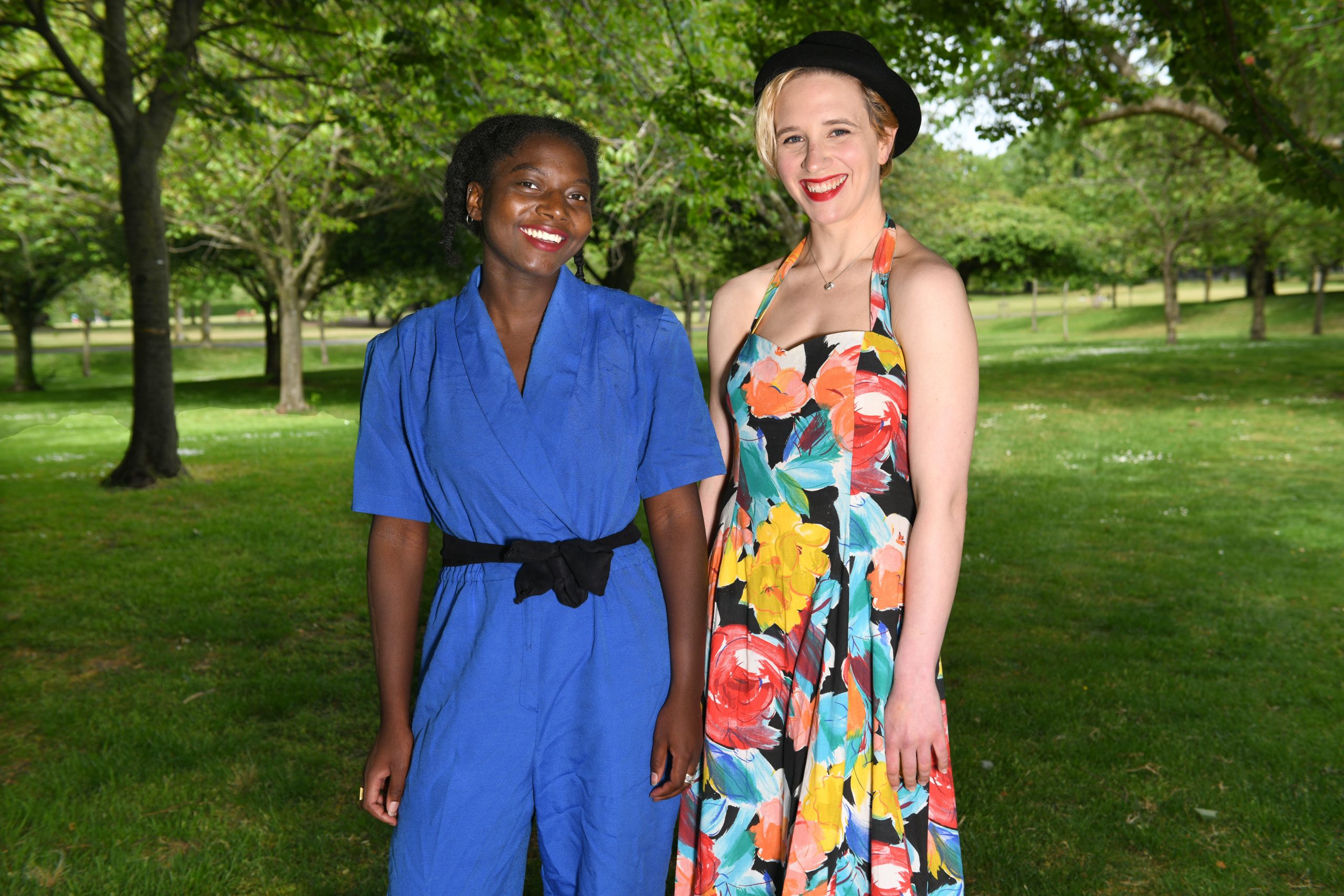Hackathons are like a university ‘freshers fair’ for entrepreneurs to come together and discuss and pitch their ideas. Usually, a hackathon lasts a few days and is focused on tech-based solutions for business-related problems. Sophie Benoit and Caitlin Hafer decided to create their own hackathon company and organise hackathons that tackle sustainable and ethical issues in workplace environments. Benoit and Hafer first met while attending the Startup Weekend Immigration event in Dublin in March, 2019. Supported by Dublin City Council and Leo Dublin (Local Enterprise Office) this event aimed to introduce migrants to entrepreneurship and help to solve the problems…
Cancel at any time. Are you already a member? Log in here.
Want to read the full story?
Unlock this article – and everything else on The Currency – with an annual membership and receive a free Samsonite Upscape suitcase, retailing at €235, delivered to your door.

